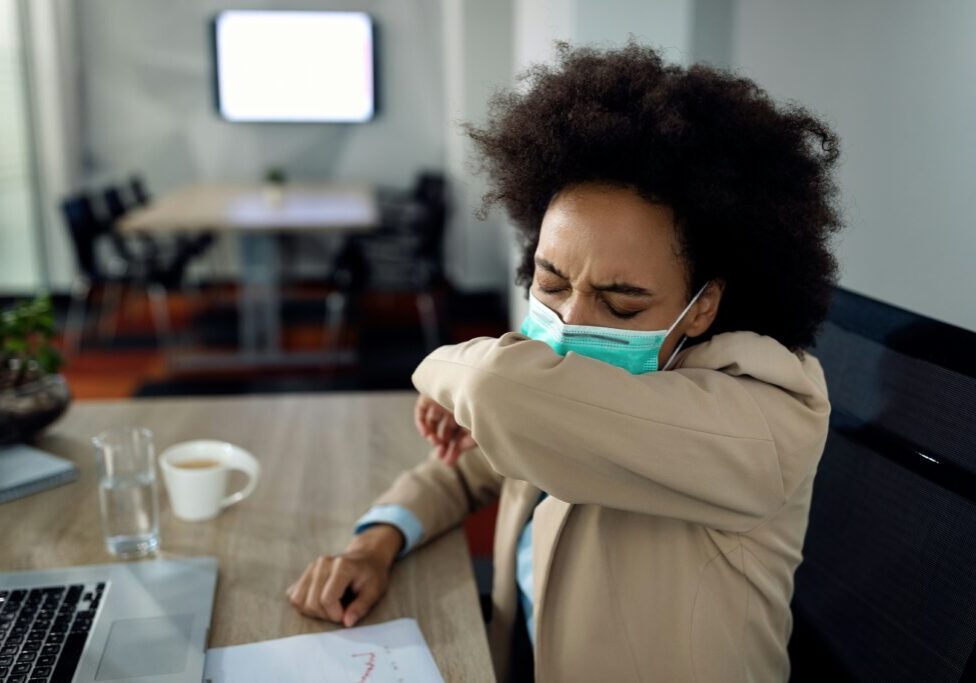To the Members of the House Committee on Labor and Industrial Relations:
My name is Stacey Roussel, and I serve as the policy director of the Louisiana Budget Project, a nonprofit policy research and advocacy organization focused on lifting up low- and moderate-income families.
I write to you today in support of House Bill 832, which provides a basic sick day benefit to Louisiana workers.
Currently, nearly half of Louisiana workers go to work each day without access to a single paid sick day. And, those in lower wage jobs – like grocery store cashiers, restaurant servers, and fast food cooks – are two and three times less likely to have access to paid sick days than those in high wage jobs.
The ability to stay home when you’re sick without fear of losing your job is not only essential for workers to comply with Centers for Disease Control guidelines during the current public health crisis, it’s also an important policy to help safeguard and promote public health before a health crisis begins, and a basic worker protection that should be available to all workers regardless of how much they are paid.
Yet the very jobs that put workers in direct contact with the public, and therefore at greater risk for disease exposure and spread, including the flu and other highly contagious diseases like Covid-19, are often the same low-wage jobs that lack basic sick leave protections.
Louisiana can do better for its workers. Research has shown that sick days are a simple and effective policy that benefits public health, workers, and businesses:
Sick days allow workers to stay home and reduce the spread of disease. A recent survey found that people without access to paid sick days were 1.5 times more likely to go to work sick, potentially prolonging their own illness and exposing others. The same survey found that nearly 1 in 4 workers reported either losing a job or being threatened with job loss for taking a sick day.
Businesses benefit when their workers have access to paid sick leave. Businesses that have adopted paid sick days as part of a regional or statewide policy have experienced growth and reported no negative impact on profitability. A study of businesses in Connecticut, the first state to adopt a statewide sick days policy, found that businesses experienced modest to no impact on their cost of operations, and minimal administrative burdens. And, those areas with regional policies actually experienced growth compared to neighboring counties.
Allowing workers to stay home when they are sick is good for individual businesses. According to one study, paid sick leave is an investment that could save employers up to $1.8 billion each year through fewer absences from reduced spread of flu-like illnesses alone. It also has been shown to reduce the loss in productivity that occurs when people work while sick, which is estimated to cost the U.S. economy $234 billion annually.
Businesses that provide paid sick leave experience less employee turnover. This is especially true in lower-wage industries like restaurants, which have been hit particularly hard by the current public health emergency and where both turnover and exposure to illness are high in normal times. In fact, a study of restaurant industry practices found that implementing better workplace practices, including paid sick days, could reduce turnover by 50 percent.
Access to paid sick days are an important part of state preparedness for public health emergencies and safeguarding public health more generally. They are also a basic protection that will help workers and their families rebuild stronger and more securely after Covid-19 knowing that if they get sick, they have the time away from work to get better.
Thank you for your kind consideration of this important and timely legislation. I urge you to pass HB 832.
